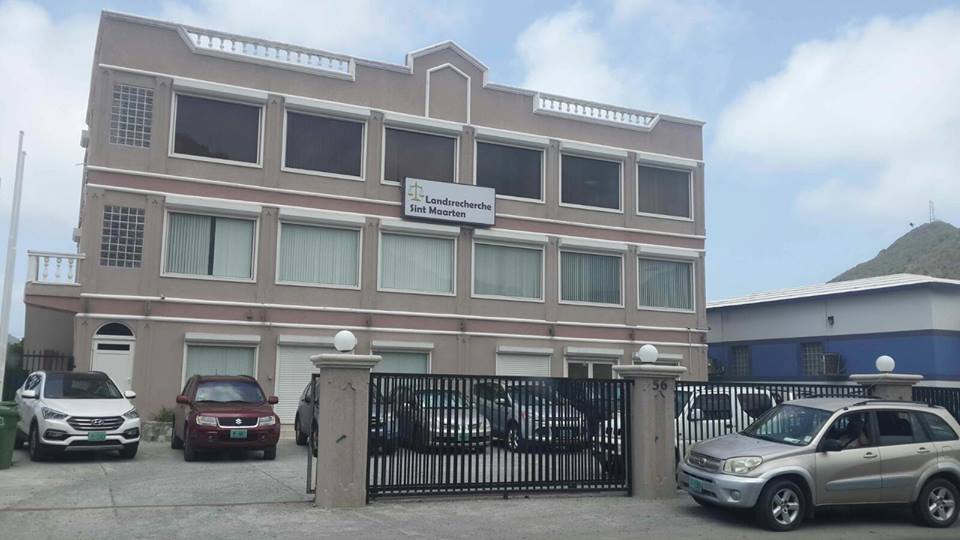“Functioning National Detectives Agency is problematic”

PHILIPSBURG — Ten years after the establishment of St. Maarten’s National Detectives Agency (NDA, Landsrecherche) there are still several serious bottlenecks, the Law Enforcement Council concludes in its report ‘Inspection: Review of St. Maarten’s National Detectives Agency.’ The council published the complete report in Dutch and English on its website (raadrechtshandhaving.com).
“The main objective, a full-fledged agency, has not been achieved. The agency’s functioning can be described as problematic in all aspects. It lacks policy, management and direction. The resources are inadequate to achieve the objectives,” the report states.
 The Law Enforcement Council also notes that the agency’s independence is not sufficiently guaranteed. “The recommendations issued by the Council and other bodies in different reports concerning these bottlenecks have rarely been addressed, if at all. This is very worrisome considering the agency’s duties and important role.”
The Law Enforcement Council also notes that the agency’s independence is not sufficiently guaranteed. “The recommendations issued by the Council and other bodies in different reports concerning these bottlenecks have rarely been addressed, if at all. This is very worrisome considering the agency’s duties and important role.”
The Council also notes that the NDA-staff remains committed to the organization but that they “deserve a safe place to work to properly perform their duties.”
The 76-page report analyses the National Detectives Agency in great detail. What stands out is that the public prosecutor’s office has authority over the agency but that its management is the responsibility of the minister of justice.
The ministry decides about the agency’s budget; on more than one occasion requests for investments in people and resources (like cars and equipment) have been turned down by the ministry with the argument that there was no budget available. As a result, the agency is, ten years after its establishment, still understaffed. In 2010, the intention was to staff the NDA with 16 fte’s (full time equivalents), and in 2014 this number was upped to 25. But in 2020 the agency had to do its work with just 13 fte’s.
One source told the Law Enforcement Council-researchers that the NDA is the ministry’s “stepchild.”
Due to staff-shortages the agency is “not able to focus on all investigations and the whims of the day prevails,” the report states. “Investigations remain pending for prolonged periods of time or cannot even be addressed.”
The Council concludes that the NDA is “currently not in a position to independently perform its legal duties optimally. It is heavily dependent on the support of the Detectives Cooperation Team (RST) and the anti-corruption task force TBO in terms of manpower and resources.”
The Council “assumes that integrity within public administration has the necessary ongoing attention from the minister (of justice) and stakeholders and that steps will be taken in the short term to provide the agency with the necessary investments.”
Recent history suggests that this is not going to happen any time soon. An example of the NDA’s predicament is its desperate need for properly functioning transportation. The agency has currently three old cars at its disposal that need to be replaced. The cars are often at a garage for repairs, but payments were at times made so slowly, that mechanics refused to work on the cars.






















